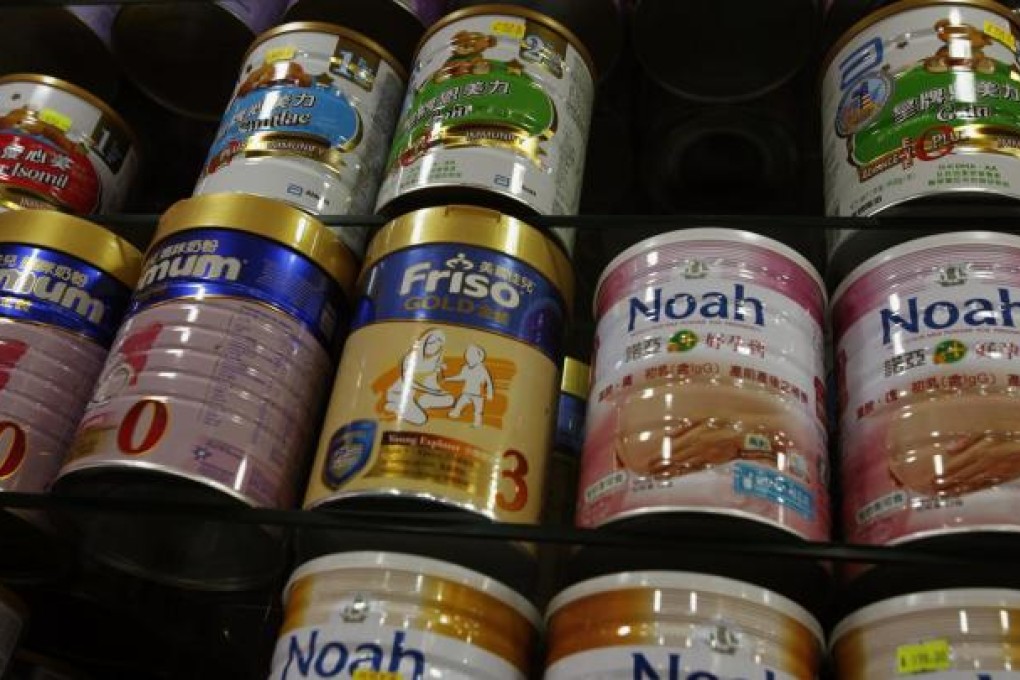Milk ad control plan a formula for disagreement
When it comes to the emotive breast-versus-bottle debate, most developed countries follow the World Health Organisation and Unicef's International Code on Marketing of Breast-milk Substitutes, drawn up in 1981.

When it comes to the emotive breast-versus-bottle debate, most developed countries follow the World Health Organisation and Unicef's International Code on Marketing of Breast-milk Substitutes, drawn up in 1981.
The code allows manufacturers to advertise follow-on milk, but bans advertising of infant formula for those six months and below.
With its dedication to economic freedom, Hong Kong has long been behind the curve, but all that might be about to change. Legislation is now under way to establish laws on marketing practices, labelling and quality standards for baby milk. But the issue has formula manufacturers up in arms, because a blanket ban on advertising all formula removes their ability to advertise follow-on milk (post-six months).
They say proposed restrictions would make it difficult for mothers with children over the age of six months to be fully informed about their choices, and that banning advertisements and the release of information about milk formula for children under the age of three will not help to raise the breastfeeding rate. Their studies found that more than 60 per cent of parents disagreed that manufacturers should be prohibited from advertising and marketing, while a further 70 per cent objected to banning public relations activities such as seminars and baby crawling competitions.
On the other side of the debate are organisations such as La Leche League, which is fiercely supportive of a total ban on advertising formula. "Advertising is out of control in Hong Kong, and makes all sorts of claims - think of images of toddlers wearing mortar boards, drinking follow-on formula," says Caroline Carson, a leader at La Leche League. "A staggering number of Hong Kong parents think formula provides nutrition that is not available in other foods, and that clearly comes from advertising. From our point of view, advertising or promotion of formula directly affects breastfeeding rates. Breast is best, and breastfeeding is the normal way to feed your baby; everything else is suboptimal.
"Breastfeeding provides better immunity for your baby and means he/she is less likely to get sick when young, is less likely to be obese. It also lowers rates of breast cancer." Manufacturers spend a fortune on advertising, she says, "and we need a more level playing field - the legislation will help with this".